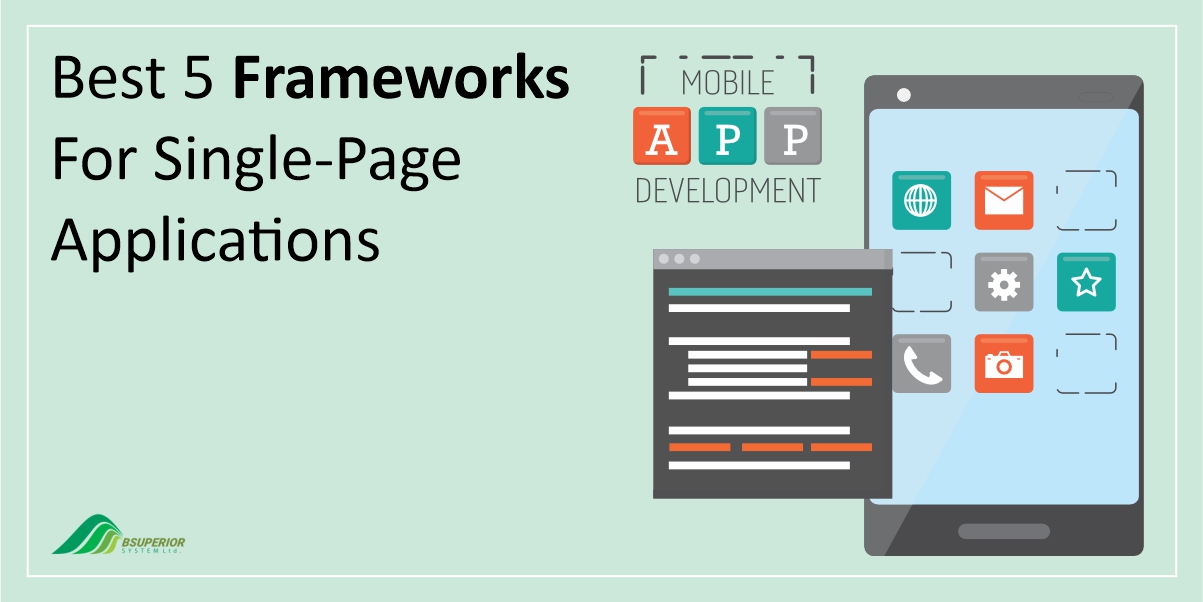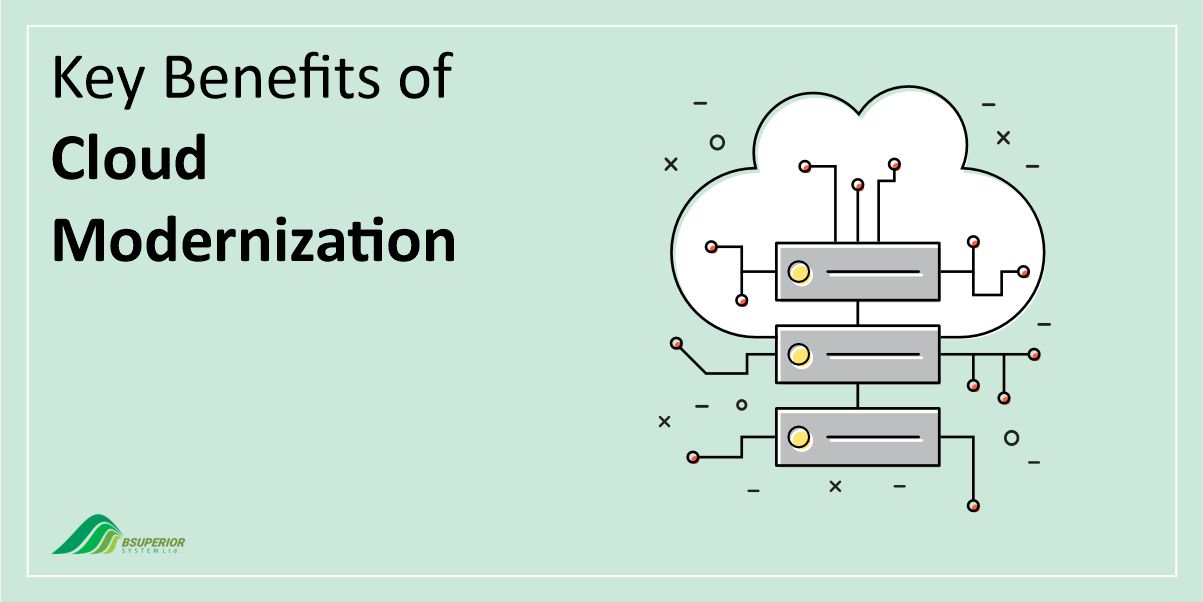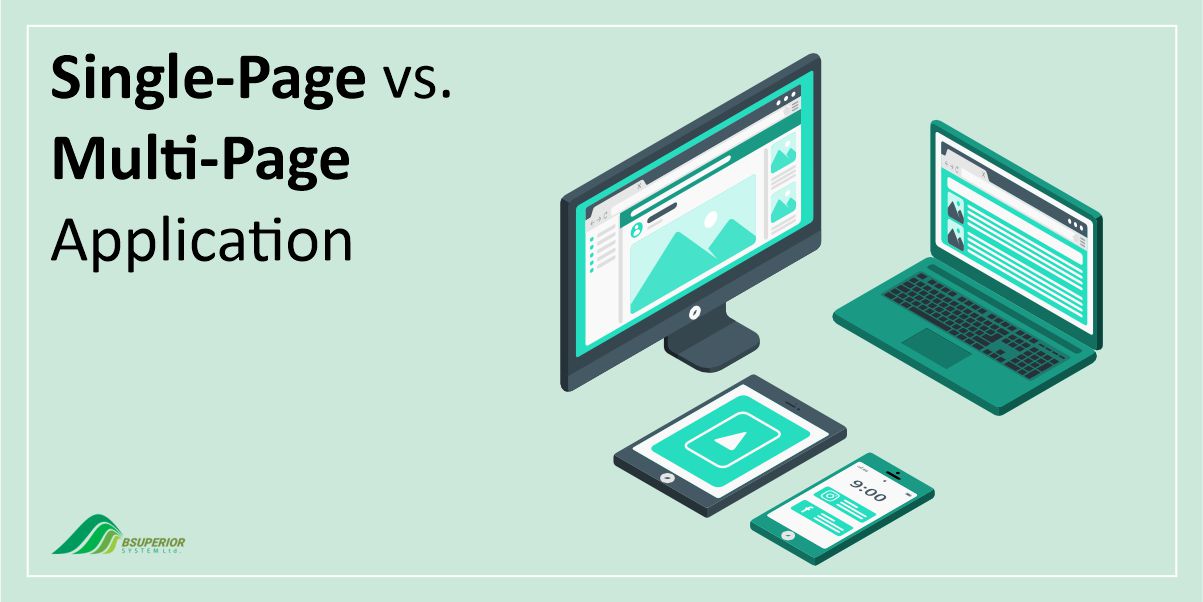OData vs. OpenAPI: Which One You Better Pick?
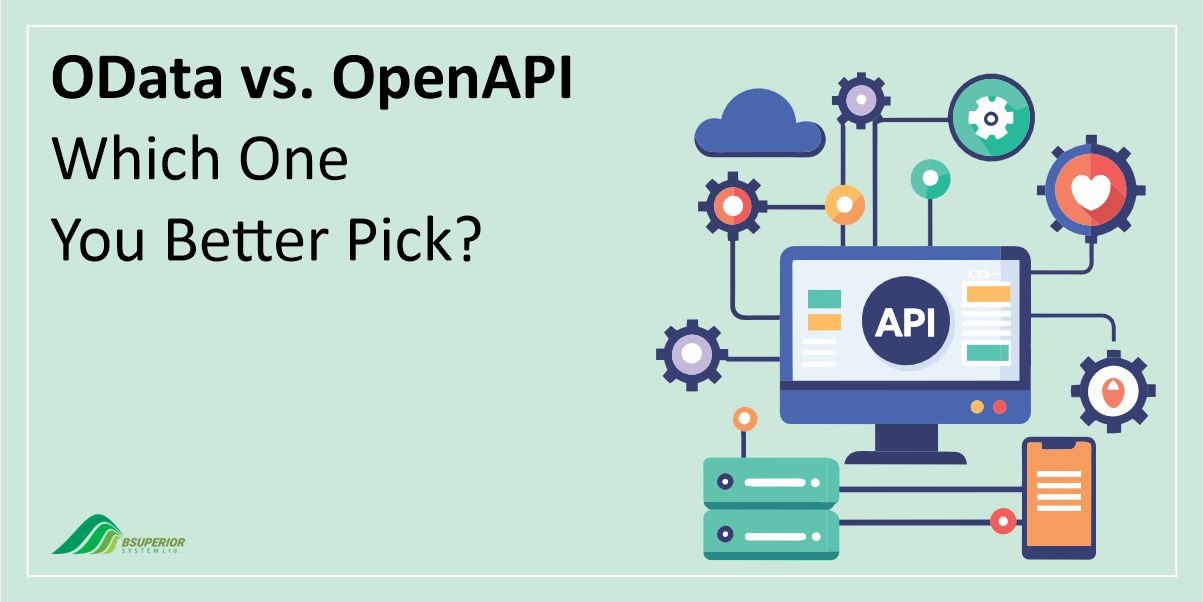
There are several standards and protocols that improve interaction between various software systems. Two of these technologies which have become quite popular in recent years are OData and OpenAPI.
In what follows, we will explore OData vs. OpenAPI and discuss their similarities and differences. We will also explain the scenarios where these solutions can be a better choice.
What is OData?
OData, which stands for Open Data Protocol, is a standardized approach for building web services that access and manipulate data.
It lets applications use familiar commands (e.g. GET, POST, UPDATE, DELETE) over the internet to interact with data described by a clear structure.
This frees developers from the burden of memorizing different rules for various web services and helps them concentrate on the core functionality of their applications.
Key Features of OData
OData is a powerful tool that offers a standardized way to build and interact with web services. Below we will be taking a look at some of its main features.
1. Query Capabilities
OData allows for powerful filtering, sorting, and searching of data through URLs. You can filter data based on specific criteria, sort results in a particular order, and perform complex searches using keywords.
Thanks to this useful feature of OData, you do not need custom code on the client side, and as a result, data retrieval will become more efficient.
2. Standardized Metadata
OData services provide a standardized way to describe the structure of the data they expose. This metadata allows client applications to understand what kind of data is available, what each data point represents, and the supported operations.
This helps clients understand how to interact with the API without the need to have extensive documentation.
3. Support for Different Data Formats
Another major feature of OData is that it supports various data formats including JSON and XML. This flexibility allows developers to pick the format that best suits their application’s needs and ensures wider compatibility with different client tools.
OData also supports the Atom Publishing Protocol (AtomPub) for creating and updating resources.
4. Focus on Business Logic
Building web services involves a great deal of low-level coding for handling requests, responses, and data formatting. OData attends to these details by freeing developers to focus on the core functionality of their applications.
5. URL Conventions
By defining a set of URL conventions for accessing and manipulating resources, OData makes the API predictable and easy to use. Moreover, resources are identified using URLs, and OData provides a standardized way to construct these URLs.
Read more: What is an API Development? The Things You Should Know
What is OpenAPI?
OpenAPI is a publicly accessible API that allows developers to programmatically interact with a proprietary software application or web service.
The API separates the client application from the server it interacts with. The API definition functions as a guide and specifies how clients can interact with the service without requiring access to the server’s source code.
Key Features of OpenAPI
OpenAPI is a powerful solution that offers developers quite a few helpful features.
1. Language-Agnostic
OpenAPI is designed to be language-neutral, meaning that it works seamlessly with any programming language or framework you choose for your project.
This flexibility allows development teams to use their preferred tools without worrying about compatibility issues with the API definition.
2. Seamless Communication Across Systems
Given that OpenAPI descriptions are language-agnostic, different systems built with various languages can understand and interact with each other smoothly.
3. Automated, Up-to-Date Documentation
OpenAPI simplifies the process of generating API documentation that automatically reflects any changes made to the API’s structure.
This eliminates the need for manual updates and makes sure that developers always have access to the most current information.
4. Machine-Readable Specifications
The strength of OpenAPI lies in its machine-readable format. This allows various automated tools to make use of the API descriptions and streamline tasks like testing and code generation.
This feature helps developers spend less time writing documentation and more time focusing on the actual coding.
5. Automated Testing
In addition to clear documentation, OpenAPI offers more functional features. The API descriptions generated by OpenAPI can be used to set up automated testing processes, such as continuous integration. All this will further improve the development efficiency.
Read more: What is API Modernization? Benefits and Phases
Similarities Between OData and OpenAPI
OData and OpenAPI are essential tools that contribute to making API development and usage more efficient and developer-friendly. They share a number of similarities that are explained below.
API Definition and Documentation
Both OData and OpenAPI are used to define and document APIs. This means that they provide a standardized way to describe the structure and behavior of APIs which makes it easier for developers to understand and use them.
Thriving Ecosystems
An important advantage of both OData and OpenAPI is the existence of well-established ecosystems around them. This includes a wide range of available tools and libraries that support development and integration with these specifications.
Developers can take advantage of these tools to automate tasks, generate code, and streamline the overall API development process.
Simplifying API Consumption and Development
Both OData and OpenAPI strive for the same ultimate objective, which is simplifying the process of building and using APIs. They provide frameworks and guidelines that streamline the process of building and consuming APIs. By doing this, they not only reduce complexity but also improve developer productivity.
Read more: Top 10 API Development Companies in the World
Differences Between OData and OpenAPI
While both OData and OpenAPI play a part in building APIs, they cater to different aspects. Let’s look at the main differences between them to help you choose the right tool for the job.
Data Manipulation
OData excels at managing and manipulating data. It allows filtering, sorting, and paging directly on the server, which makes it ideal for complex data retrieval.
OpenAPI, on the other hand, focuses on describing API functionality and does not handle data manipulation itself.
Focus
OData acts as a protocol that dictates how data services interact with clients over HTTP. It defines the format of data exchange.
In contrast, OpenAPI is a documentation standard specifically for RESTful APIs. It outlines the available operations, parameters, and expected responses.
Data Structure
OData uses a built-in data model (Entity Data Model) to define the structure and relationships between data points. However, OpenAPI lacks a built-in model and focuses solely on describing API endpoints and their operations.
Navigation
OData offers hypermedia support and allows clients to navigate between related data entities within the API. Unlike OData, OpenAPI does not have this built-in but can achieve similar functionality through custom conventions or extensions.
Implementation
While OData provides guidelines for both client and server implementation to ensure adherence to the protocol, OpenAPI is purely for documentation and does not dictate how clients or servers are built.
Customization
OData allows extending its functionality through custom options, annotations, and extensions. OpenAPI, however, relies on external specifications or conventions to add custom features to the API.
OData vs. OpenAPI: Which One is Right For You?
Now, let’s see whether OData or OpenAPI is the right solution for your needs.
Pick OData if:
- Your API is Data-Centric: If your primary focus is providing access and manipulation of data through queries, filtering, and sorting, then OData is the better choice. Its robust data handling capabilities make it ideal for managing complex data interactions.
- You have an Existing OData Ecosystem: If your development environment or tools are already geared towards OData, it will be more efficient to stick with it to make use of the existing expertise and tooling.
- Your API Involves Complex Operations and Queries: Considering OData’s built-in support for intricate data manipulation, it is certainly a good fit for APIs that require advanced query capabilities.
Pick OpenAPI if:
- Your API is General-Purpose: If your API offers functionalities beyond just data manipulation, and clear documentation is a priority, you should select OpenAPI. It excels at describing the overall structure and functionality of any RESTful API.
- You Need Flexibility in Tooling and Ecosystems: OpenAPI’s widespread adoption opens doors to a broader range of development tools and libraries compared to OData.
- Your API Operations are Simpler: For APIs with straightforward functionalities, the clear and concise documentation offered by OpenAPI is sufficient, without the need for OData’s data-centric features.
Final Words
If you are looking for a way to take advantage of the potential of APIs, BSUPERIOR can help you with that.
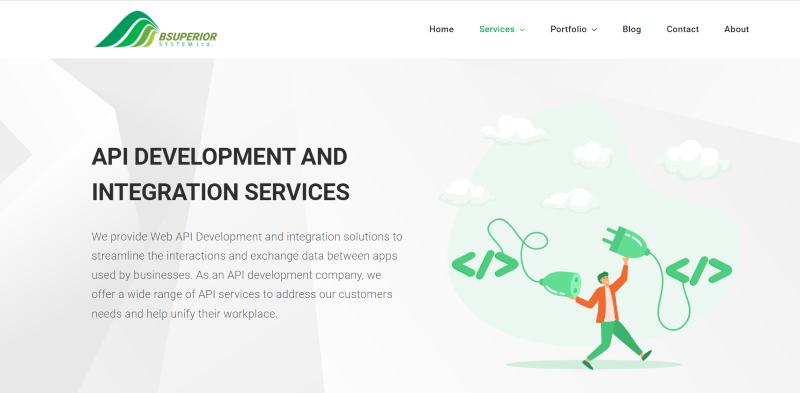
We go far beyond just creating APIs. Our team of experts understands the evolving challenges and opportunities that businesses encounter.
We aim to help by crafting tailored API solutions that align with your specific needs, regardless of your industry or size – from established enterprises to agile startups.
Our custom API development and integration services are designed to optimize performance and efficiency, and more importantly, contribute to your business growth.
Let’s explore why deciding to work with BSUPERIOR will be in your best interest. You should partner with us because:
- Tailor-Made Excellence: Our expertise lies in developing custom API solutions. We make sure that your unique business needs are met with precision and innovation.
- A Decade of Experience: Our ten years of experience in the industry speak volumes about our reliability. Our success is backed by a wealth of technical expertise and a proven track record.
- A Foundation of Trust: We have built a strong network of trust with our clients, driven by our commitment to delivering consistently superior services.
With that being said, partner with us and unlock the full potential of APIs for your business.
We value your input and believe this content may enhance our services. However, it's under review. If you see room for improvement, please use the "Report an issue" button below. Your feedback helps us excel.
Contact us today at –– and speak with our specialist.


